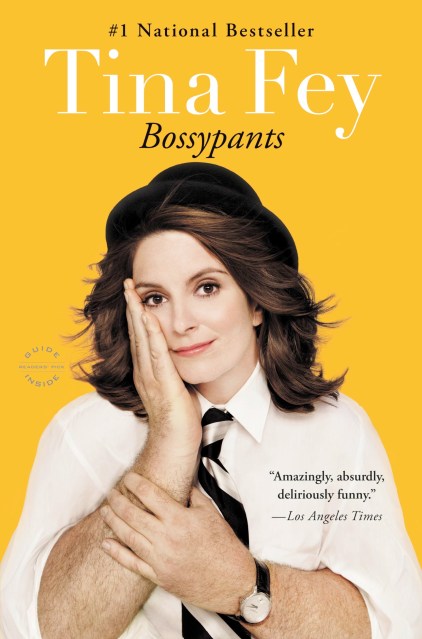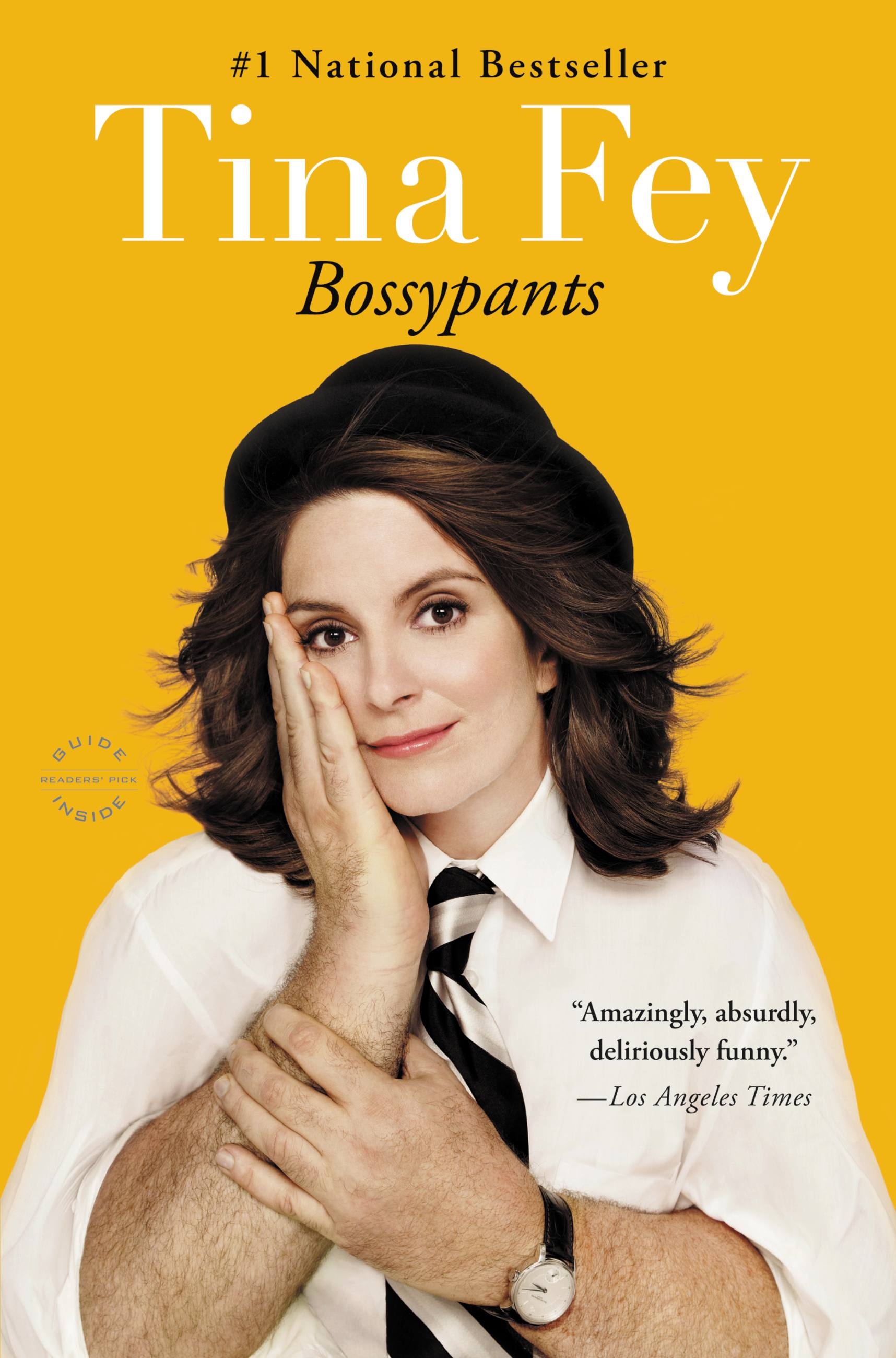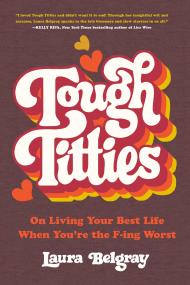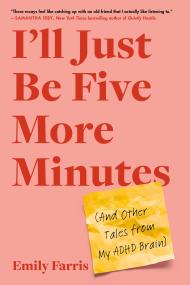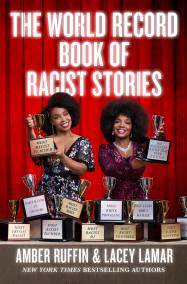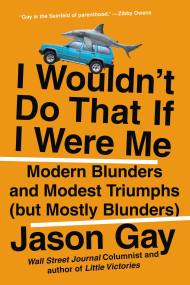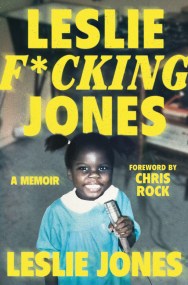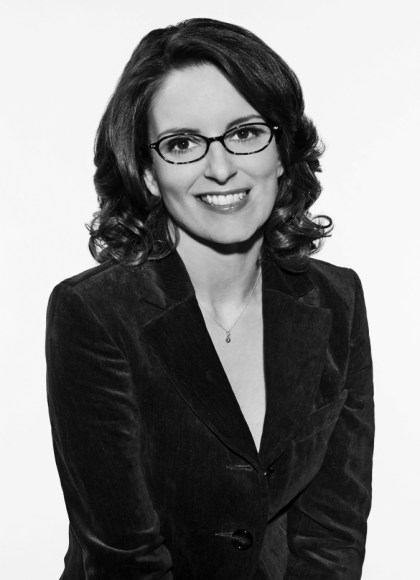Promotion
Shop now and save 20% on your back-to-school purchases & get free shipping on orders $45+ Use code: SCHOOL24
Bossypants
Contributors
By Tina Fey
Formats and Prices
Price
$19.99Price
$25.99 CADFormat
Format:
This item is a preorder. Your payment method will be charged immediately, and the product is expected to ship on or around January 3, 2012. This date is subject to change due to shipping delays beyond our control.
Also available from:
Before Liz Lemon, before "Weekend Update," before "Sarah Palin," Tina Fey was just a young girl with a dream: a recurring stress dream that she was being chased through a local airport by her middle-school gym teacher. She also had a dream that one day she would be a comedian on TV.
She has seen both these dreams come true.
At last, Tina Fey's story can be told. From her youthful days as a vicious nerd to her tour of duty on Saturday Night Live; from her passionately halfhearted pursuit of physical beauty to her life as a mother eating things off the floor; from her one-sided college romance to her nearly fatal honeymoon — from the beginning of this paragraph to this final sentence.
Tina Fey reveals all, and proves what we've always suspected: you're no one until someone calls you bossy.
Includes Special, Never-Before-Solicited Opinions on Breastfeeding, Princesses, Photoshop, the Electoral Process, and Italian Rum Cake!
Genre:
-
Once in a generation a woman comes along who changes everything. Tina Fey is not that woman, but she met that woman once and acted weird around her.
-
PRAISE FOR TINA FEY:College Boyfriend, 1990
"You'd be really pretty if you lost weight." -
"Tina Fey is an ugly, pear-shaped, overrated troll."The Internet
-
"Mommy, where are my pretzels?"Tracy Morgan
-
ADVANCE PRAISE FOR BOSSYPANTS:Don Fey, Father of Tina Fey
"I hope that's not really the cover. That's really going to hurt sales." -
"Absolutely delicious!"A Guy Who Eats Books
-
"Totally worth it."Trees
-
"Do not print this glowing recommendation of Tina Fey's book until I've been dead a hundred years."Mark Twain
-
"Hilarious and insightful. Laugh-out-loud funny -- oh no, a full moon. No! Arrgh! Get away from me! Save yourself!"A Guy Turning into a Werewolf
- On Sale
- Jan 3, 2012
- Page Count
- 304 pages
- Publisher
- Back Bay Books
- ISBN-13
- 9780316056878
Newsletter Signup
By clicking ‘Sign Up,’ I acknowledge that I have read and agree to Hachette Book Group’s Privacy Policy and Terms of Use
